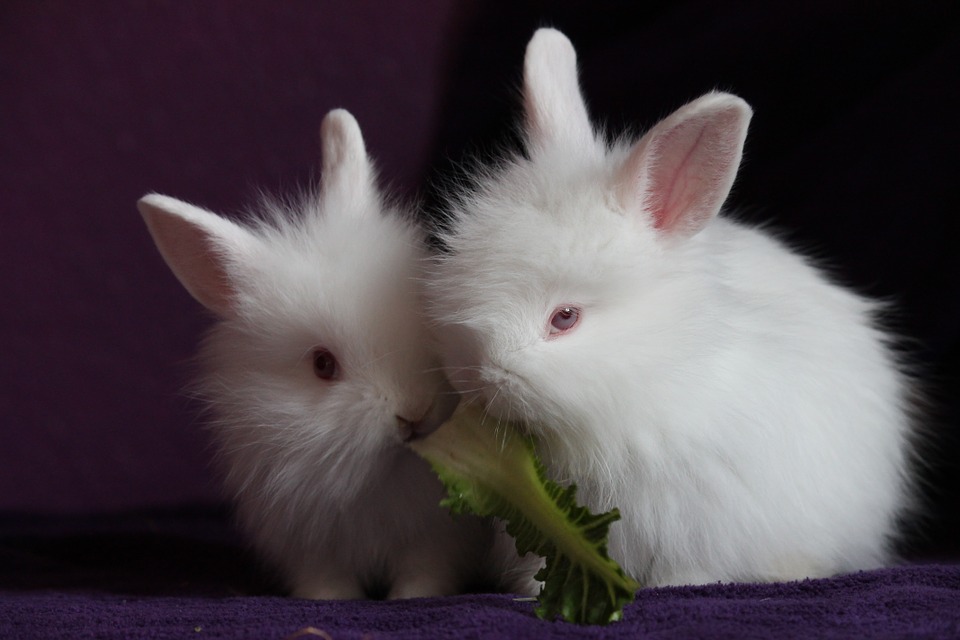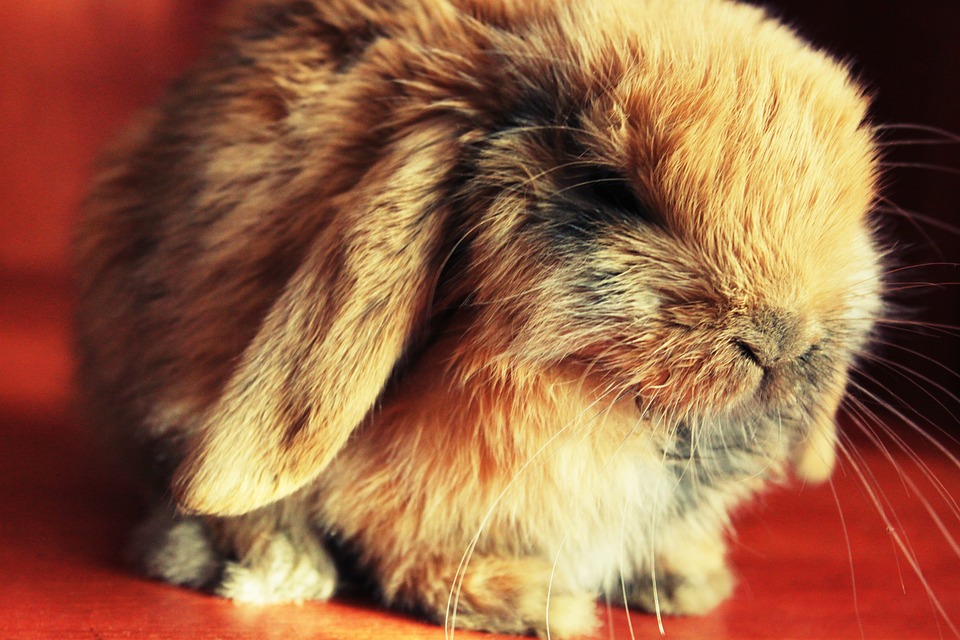This comprehensive guide provides an in-depth exploration of the suitability of nuts for rabbits, covering their nutritional value, potential risks, and specific safe and unsafe options. We'll equip you with the knowledge to make informed choices about incorporating nuts into your bunny's diet, ensuring their optimal health and well-being.
Part 1: Understanding Rabbit Nutrition

1.1. The Foundation of a Healthy Diet:
- Hay: High-quality hay (Timothy, orchard grass, or oat hay) forms the cornerstone of a rabbit's diet, providing essential fiber for digestive health and preventing dental problems.
- Fresh Greens: A variety of leafy greens (dandelion, romaine, parsley, cilantro) offer vitamins, minerals, and antioxidants.
- Pellets: High-quality pellets, formulated specifically for rabbits, can provide additional nutrition, but should be given in limited quantities.
1.2. The Importance of Variety:
- Dietary Diversity: Offering a range of fresh vegetables, fruits, and herbs can help prevent boredom and ensure a balanced intake of essential nutrients.
- Seasonal Choices: Incorporating seasonal produce can add excitement and provide a natural source of vitamins and minerals.
Part 2: The Nutritional Value of Nuts

2.1. A Concentrated Source of Energy:
- Fats and Calories: Nuts are packed with healthy fats and calories, making them a dense energy source.
- Energy for Activity: They can be beneficial for rabbits with high energy levels, especially those that are very active or participating in agility courses.
2.2. Protein and Essential Nutrients:
- Building Blocks for Growth: Nuts offer protein, which is essential for muscle development and growth, particularly in growing rabbits.
- Vitamins and Minerals: They contain vitamins (vitamin E, B vitamins) and minerals (magnesium, potassium) that contribute to overall health.
Part 3: The Risks of Feeding Nuts to Rabbits
3.1. High Fat Content:
- Obesity and Health Problems: Excessive fat intake can lead to obesity, increasing the risk of cardiovascular disease, diabetes, and joint problems.
- Liver Strain: Overfeeding nuts can strain the liver, potentially leading to fatty liver disease.
3.2. Digestive Challenges:
- Gastrointestinal Upset: Nuts are difficult for rabbits to digest, potentially causing bloating, gas, diarrhoea, and even stasis (a life-threatening condition where the digestive system slows down).
- Dental Issues: The hard shells and nuts themselves can damage teeth, leading to pain, infection, and difficulty chewing.
3.3. Toxicity Concerns:
- Mold and Aflatoxins: Nuts can become contaminated with mold, producing toxic aflatoxins that can damage the liver and other organs.
- Pesticides: Nuts may contain pesticide residues, which can be harmful to rabbits.
Part 4: Safe Nut Options for Rabbits
4.1. Walnuts:
- Nutritional Benefits: Rich in healthy fats, protein, and omega-3 fatty acids, which can support brain health and immune function.
- Moderation is Key: Offer in very small quantities, as excessive consumption can lead to digestive upset and weight gain.
4.2. Almonds:
- Protein and Fiber: Good sources of protein and fiber, supporting muscle growth and healthy digestion.
- Limited Intake: Due to their high fat content, almonds should be given sparingly, with only a few pieces per week.
4.3. Hazelnuts:
- Protein and Vitamin E: Offer a good source of protein and vitamin E, which is an important antioxidant.
- Occasional Treats: Give hazelnuts as occasional treats, no more than a few times per month.
4.4. Brazil Nuts:
- Selenium Rich: Excellent source of selenium, a mineral important for thyroid function and immune health.
- Extreme Caution: Brazil nuts are very high in fat and selenium, so offer them extremely sparingly, only as a rare treat.
Part 5: Unsafe Nuts for Rabbits
5.1. Macadamia Nuts:
- Highly Toxic: These are highly toxic to rabbits, causing muscle weakness, tremors, vomiting, and even death.
- Strict Avoidance: Macadamia nuts should never be given to rabbits.
5.2. Pecans:
- Digestive Issues: Pecans can cause digestive upset, bloating, and diarrhoea in rabbits.
- Not Recommended: It's best to avoid pecans altogether.
5.3. Pistachios:
- Moderate Toxicity: While not as toxic as macadamia nuts, pistachios can cause digestive problems and should be avoided.
5.4. Cashews:
- High Fat and Difficult Digestion: Cashews are high in fat and can be challenging for rabbits to digest.
- Avoidance is Best: Cashews are not recommended for rabbits.
Part 6: Preparing Nuts for Rabbits
6.1. Shell Removal:
- Choking Hazard: Always remove the shells and husks before feeding nuts to rabbits.
- Proper Preparation: Thoroughly remove all shells to prevent choking and digestive issues.
6.2. Size Reduction:
- Chopping and Crushing: Chop or crush nuts into small pieces to make them easier to digest and prevent choking hazards.
- Easy Consumption: Smaller pieces are easier for rabbits to chew and swallow.
6.3. Freshness and Quality:
- Fresh and Mold-Free: Ensure nuts are fresh, free from mold, and have no signs of spoilage.
- Storage: Store nuts properly in airtight containers in a cool, dry place to maintain freshness.
Part 7: How to Feed Nuts to Rabbits
7.1. Frequency and Quantity:
- Occasional Treats: Nuts should be given as occasional treats, not a regular part of the diet.
- Limited Intake: Start with a very small portion, monitoring your rabbit's reaction before offering more.
- Individual Needs: The appropriate amount will vary depending on your rabbit's age, size, activity level, and overall health.
7.2. Presentation and Mixing:
- Chopped or Crushed: Present nuts in chopped or crushed form to make them easier to digest.
- Mix with Hay or Pellets: You can mix small amounts of nuts with hay or pellets for added variety and encourage consumption.
Part 8: Recognizing Nut Toxicity in Rabbits
8.1. Common Symptoms:
- Vomiting: Vomiting is a sign of digestive upset and potential toxicity, especially if it's accompanied by other symptoms.
- Diarrhoea: Loose stools or diarrhoea can indicate that the rabbit is unable to digest the nuts properly.
- Lethargy: Loss of energy and a lack of interest in their surroundings can be a sign of illness.
- Loss of Appetite: Refusal to eat can be a sign of discomfort and potential toxicity.
- Muscle Tremors: Muscle weakness or tremors can be a symptom of macadamia nut toxicity.
8.2. Immediate Action:
- Veterinary Care: If you suspect your rabbit has ingested toxic nuts, contact your veterinarian immediately for advice and treatment.
- Observation and Comfort: Monitor your rabbit closely for any signs of distress and keep them comfortable until veterinary assistance is available.
Part 9: Alternatives to Nuts
9.1. Healthy and Nutritious Options:
- Fresh Fruits and Vegetables: Offer a variety of fresh fruits and vegetables, such as apples, bananas, carrots, and leafy greens.
- Hay: Ensure your rabbit has access to a constant supply of high-quality hay, their primary food source.
- Pellets: Provide a small amount of high-quality rabbit pellets as a supplement to their hay.
- Herbs: Offer safe herbs like parsley, cilantro, and basil as treats.
Part 10: FAQs
10.1. Can baby rabbits eat nuts?
Baby rabbits are especially vulnerable to digestive issues and should never be given nuts. Their digestive systems are still developing, and nuts can cause serious problems. Stick to a diet of hay, fresh greens, and a small amount of pellets for baby rabbits.
10.2. How often can I give my rabbit nuts?
Nuts should be given as occasional treats, no more than once or twice a week, with very small portions. Always monitor your rabbit's reaction and adjust accordingly.
10.3. Can I give my rabbit cooked nuts?
It is generally not recommended to give cooked nuts to rabbits. The cooking process can change the nutritional value and make them harder to digest. Stick to raw, unsalted, and unsweetened nuts.
10.4. What if my rabbit has eaten a toxic nut?
If you suspect your rabbit has ingested a toxic nut, such as a macadamia nut, contact your veterinarian immediately. They can advise on the best course of action, which may involve inducing vomiting or administering supportive care.
10.5. Are all nuts bad for rabbits?
Not all nuts are bad for rabbits, but some are better than others. Stick to safe options like walnuts, almonds, and hazelnuts in moderation and avoid toxic nuts like macadamia nuts and pecans.
10.6. How can I tell if my rabbit is allergic to nuts?
Signs of a nut allergy in rabbits can include digestive upset, skin irritation, or respiratory problems. If you notice any of these symptoms after giving your rabbit nuts, stop feeding them and contact your veterinarian.
10.7. Can I give my rabbit nutshells?
Nutshells are a choking hazard and can damage a rabbit's teeth. Never give nutshells to your rabbit.
10.8. Is it safe to give my rabbit nuts in their shell?
It is not safe to give your rabbit nuts in their shell. Rabbits can choke on the shells and they may be difficult to digest.
Remember, it's always best to consult with your veterinarian before making any significant changes to your rabbit's diet. They can provide personalized advice based on your rabbit's individual needs and health status.
Everyone is watching
-

Do Rabbits Lay Eggs? (The Surprising Truth)
OTHER TYPES OF PETSThis article will unravel the common misconception that rabbits lay eggs, exploring the fascinating world of r...
-

Can Rabbits Eat Grapes? A Guide to Safe Rabbit Treats
OTHER TYPES OF PETSThis comprehensive guide will explore the safety and suitability of grapes for rabbits, providing detailed inf...
-

What's a Group of Rabbits Called? (A Comprehensive Guide)
OTHER TYPES OF PETSThis article delves into the fascinating world of rabbits, exploring the various terms used to describe a grou...
-

Predators That Hunt Rabbits: A Guide to Natural Enemies
OTHER TYPES OF PETSI've always been fascinated by the circle of life, that delicate dance between predator and prey. Growing up ...
-

Are Rabbits Nocturnal Animals?
OTHER TYPES OF PETSThe question of whether rabbits are nocturnal animals is a fascinating one, with a surprisingly complex answer...
